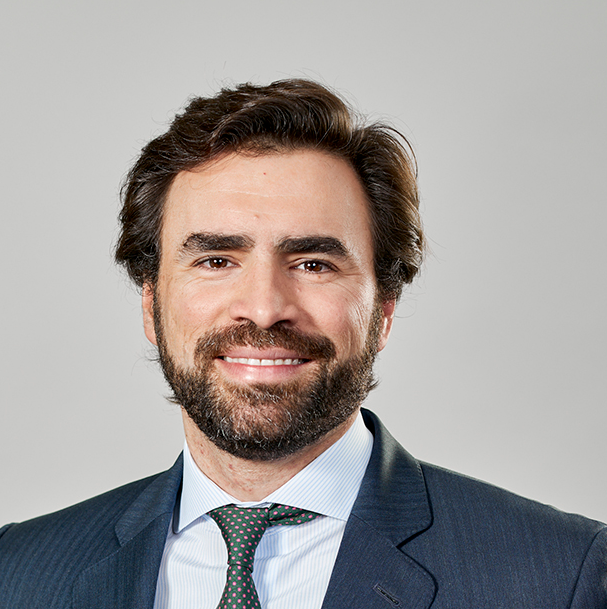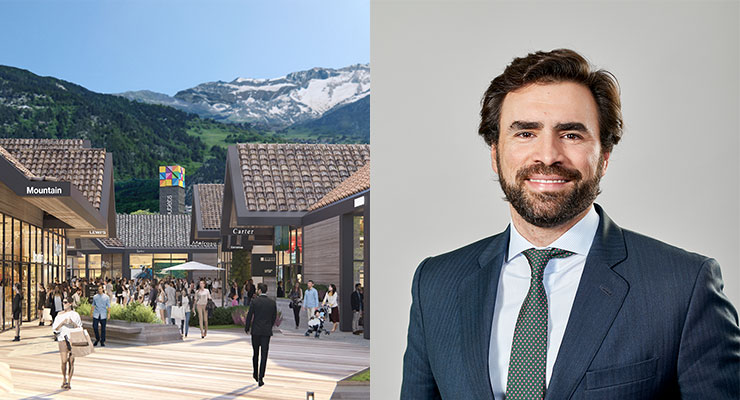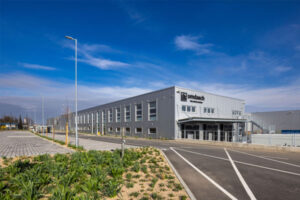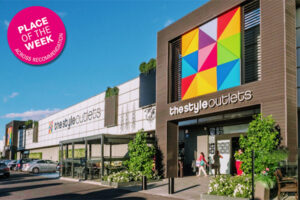by Daniel Losantos
A lot can change in 15 years. ACROSS made the bold decision to launch right in the midst of a global financial crisis and just before the world plunged into recession. Since then, the retail real estate industry has faced many challenges and has managed to overcome all sorts of storms, responding to the shifts that changing consumer habits and expectations, new technologies, and social, political, and economic challenges have brought to the retail space. This milestone achieved by ACROSS presents us with the opportunity to reflect on recent years and to look forward to what the future might hold for us, despite the uncertainty we are currently navigating.
We are used to hearing that the retail industry is in a constant state of flux, and it is also the case for the outlet sector, which has seen its popularity grow over the years among retailers, consumers, and investors. Over the last 15 years, we have seen new outlet centers open in mature as well as younger markets, and those that already exist grow larger or undergo refurbishments, adapting to market needs. As a sector, we have evolved and updated our offerings, leveraging technology to respond to a savvier, better informed, and more selective consumer. At the same time, we have worked arduously and steadily to build meaningful partnerships with retailers, aligning goals, supporting each other’s business growth, and evolving with respect to the way we both engage with customers. From serving as a basic channel to clear out inventory, outlets have evolved to become a key driver in customer acquisition and brand awareness.
The Prospect of Enjoyment
Retail has become an experiential interface and the outlet proposition, which, in essence, combines the experiential appeal with top brands and prices, provides a key difference. In fact, most visitors consider this kind of shopping a leisure activity in itself, visiting outlet centers with the prospect of enjoyment in mind. Investing in the experience as a whole is fundamental to how the sector has evolved, adopting a more sophisticated image, incorporating more engaging architecture and designs, and enriching the retail mix with value-added services. The centers have become go-to destinations where people can spend quality time, a proposition that has become even more appealing following the COVID-19 lockdowns. One of the most significant links between retail and leisure is food and beverage, where we have focused particular attention on the food offering available at our centers, repurposing some of the spaces to deliver more and a greater variety of options, carefully curating the offer to suit the locations in question.
However, if there is one thing that has changed radically in our sector over the last 15 years, it is everything related to sustainability in the broadest sense of the word – what we now refer to as ESG – and that involves all stakeholders, from investors and landlords, to operators, retailers, and consumers. The sector has come a long way in this area, implementing new forms of mobility, improving energy efficiency, focusing on generating a positive impact in the communities, as well as making assets more inclusive by improving accessibility to accommodate visitors with different needs, for instance.
We have become more sustainable and environmentally aware, firstly because our customers are looking for more sustainable purchase options, and it is our duty to work closely with brands to help them enhance the visibility of their products and to help them understand what consumers want. There is also a need to do what is morally right and not just what is required by regulators. That does not just mean reducing our carbon footprint – it is about being more resilient as a whole.
Rate of Change in Retail
Reflecting on placemaking and what the future holds is not an easy task, but it is certainly an exciting one. The rate of change in retail as a whole has accelerated, creating new challenges. The core characteristics that lie at the heart of the outlet sector make outlets more resilient to the challenges. However, nothing is granted and to ensure its future success, we must continue to put consumers at the forefront and focus on making their experience a priority as well as understanding their changing needs, connecting the physical and digital worlds while prioritizing sustainability. All of that must be combined with effective management, and the ability to remain flexible, agile, collaborative, and creative.
If there is a lesson to be learned from ACROSS’ 15th anniversary, it is that disruption can also be an opportunity. ACROSS was launched just as one of the biggest-ever financial crises was unfolding, with real estate being singled out as one of its main causes. There is no doubt that it was a brave venture and one that shows that challenges can also offer opportunities for growth and transformation. ACROSS has been there all of these years, inspiring many of us as we evolved and grew in the sector, and we hope to continue on this journey together for many years to come.

Daniel Losantos is the CEO of NEINVER.







